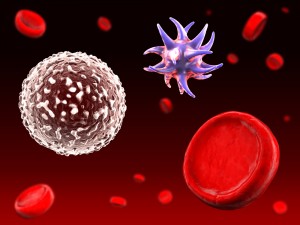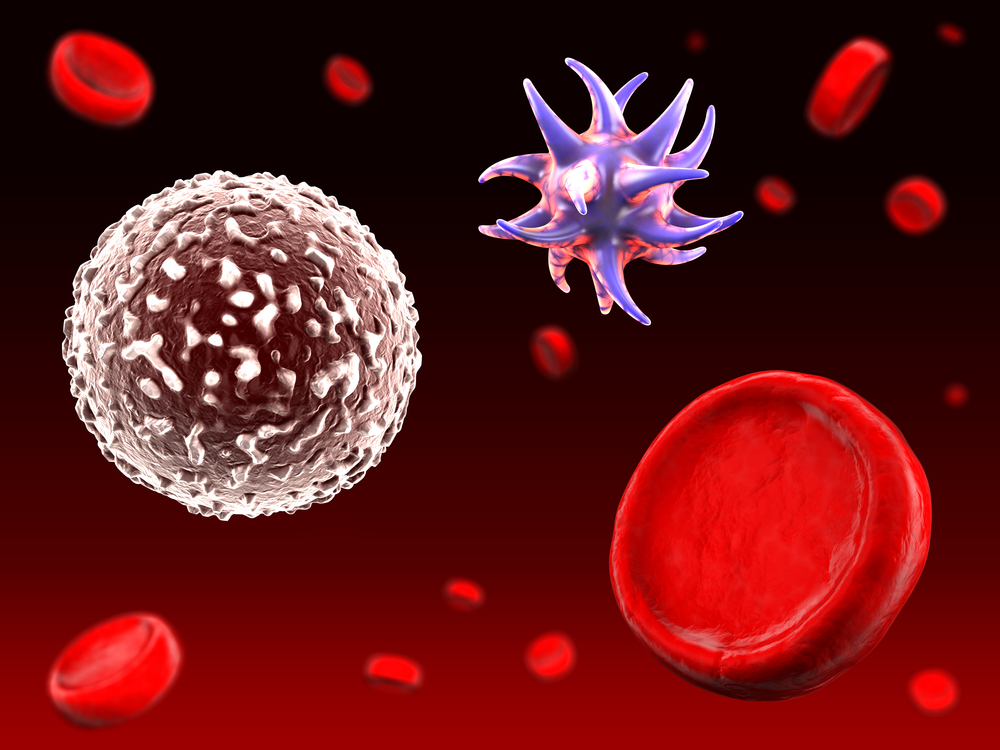 In a recent study titled “Interleukin-17 and Interleukin-22 promote tumor progression in human non-melanoma skin cancer”, published ahead of print in the European Journal of Immunology, a group of researchers from Istituto Dermopatico dell’Immacolata, Italy found that two immune modulatory interleukins can promote tumor growth and development in non-melanoma skin cancer.
In a recent study titled “Interleukin-17 and Interleukin-22 promote tumor progression in human non-melanoma skin cancer”, published ahead of print in the European Journal of Immunology, a group of researchers from Istituto Dermopatico dell’Immacolata, Italy found that two immune modulatory interleukins can promote tumor growth and development in non-melanoma skin cancer.
Non-melanoma skin cancer (NMSC) is one of the most frequent malignancies found in humans, with keratinocyte-derived basal cell carcinomas (BCC) and squamous cell carcinomas (SCC) accounting for about 80% and 20% of all NMSC cases, respectively.
Tumor infiltrating T lymphocytes (TILs) are usually found in different types of malignant tumors, and while data exist that supports an anti-tumoral function for TILs, other data suggest that these immune cells can promote epithelial carcinogenesis and secrete chemokines that stimulate the tumor to grow.
The authors analyzed samples from 10 different cases of BCC and 10 cases of SCC, assessing the distribution and localization of IL-17 producing cells and IL-22 producing cells in the inflammatory infiltrate. These two cytokines have been previously described as involved in tumorogenesis, however their exact role in NMSC was unknown.
The results showed a high number of IL-17+ and IL-22+ cells in the peri-tumoral area of BCC and SCC, and in the inflammatory infiltrate.
Furthermore, IL-17 and IL-22 could directly enhance the proliferation and migration of BCC and SCC cell lines in vitro, and promote the local invasiveness of tumor cells.
Concerning the mechanisms behind these biological actions, the authors found that when both BCC and SCC cell lines were in the presence of IL-22 and IL-17, they upregulated the ERK1/2 and STAT3/NFκB pathway.
To further investigate the effects of IL-17 and IL-22 on tumor growth, the team used an in vivo moue model of NMSC, and found that upon treatment with IL-17 or IL-22 throughout 2 weeks, the animals had significantly increased tumor volumes when compared with controls.
The authors conclude that IL-22+ and IL-17+ T cells are present at high numbers in the tumor microenvironment of BCCs and SCCs, promoting tumor cell proliferation and migration in vitro, and tumor cell growth in vivo.
“Our study demonstrates a previously unknown protumorigenic role of IL-22 and IL-17 in human SCCs and BCCs and indicates that treatment with anti-IL-22 or anti-IL-17 antibodies may be a valuable therapeutic approach in selected cases. Additionally, our data encourage the administration of anti-IL-17 or anti-IL-22 biological drugs in patients affected by psoriasis and other autoimmune diseases at risk for the development of skin cancers”, the authors write in their study.


